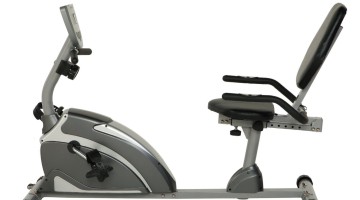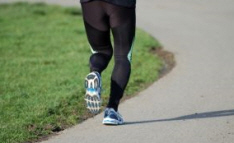By definition, the Basal Metabolic Rate (BMR) it is “the number of calories burned while at rest.” This encompasses supporting bodily functions while sleeping such as digestion, breathing, maintaining temperature and pumping blood throughout your system. It is responsible for about 70% of the total number calories burned each day.
Things that impact your BMR
Unfortunately there are several things that impact your BMR that you have no control over, like age, gender, height and genetics; they are what they are, you can’t do anything about them. However, there are some things that also affect it that you may impact on, such as hormones, weight and muscle mass.
Thyroid
If your body does not produce enough Thyroxin, your BMR can run slower than it should. Your healthcare professional can check your thyroid and prescribe medication to get your Thyroxin up to the prescribed level.
Losing weight
If done correctly, by eating healthy and exercising – both aerobic and strength training – losing weight can increase your BMR. However, if your weight loss plan is to “crash diet” you can actually further reduce your BMR because your body sense it is going into starvation mode and further cuts back on energy expenditure.
Muscle mass
The more muscle you have, the more energy it takes to feed those muscles even while at rest. Just a couple days of strength training per week can tone, firm and define your muscles thus increasing your BMR.
Calculating your BMR
Most BMR calculators use your gender, age, weight, height and activity level to calculate the number of calories you burn in a day. Click here to use our BMR Calculator, the simple instructions are also there.
Once you have that information, then you can adjust the number of calories you eat per day so that you have about a 500-calorie-per-day deficit. This will give you about a one pound loss of body fat per week.
What you can do to raise your BMR
The amount and kind of physical activity can have a positive effect on your BMR. And it stands to reason – exercising burns calories; the more exercising you do, the more calories you’ll burn. Cardio and endurance training burn the most calories, but as noted earlier, also include some strength training to build muscle mass.
Concentrate on the things you can control and don’t worry about the things you can’t. Stay the course with consistency in your eating – times, portions and types of foods – along with exercising and building muscle mass.





